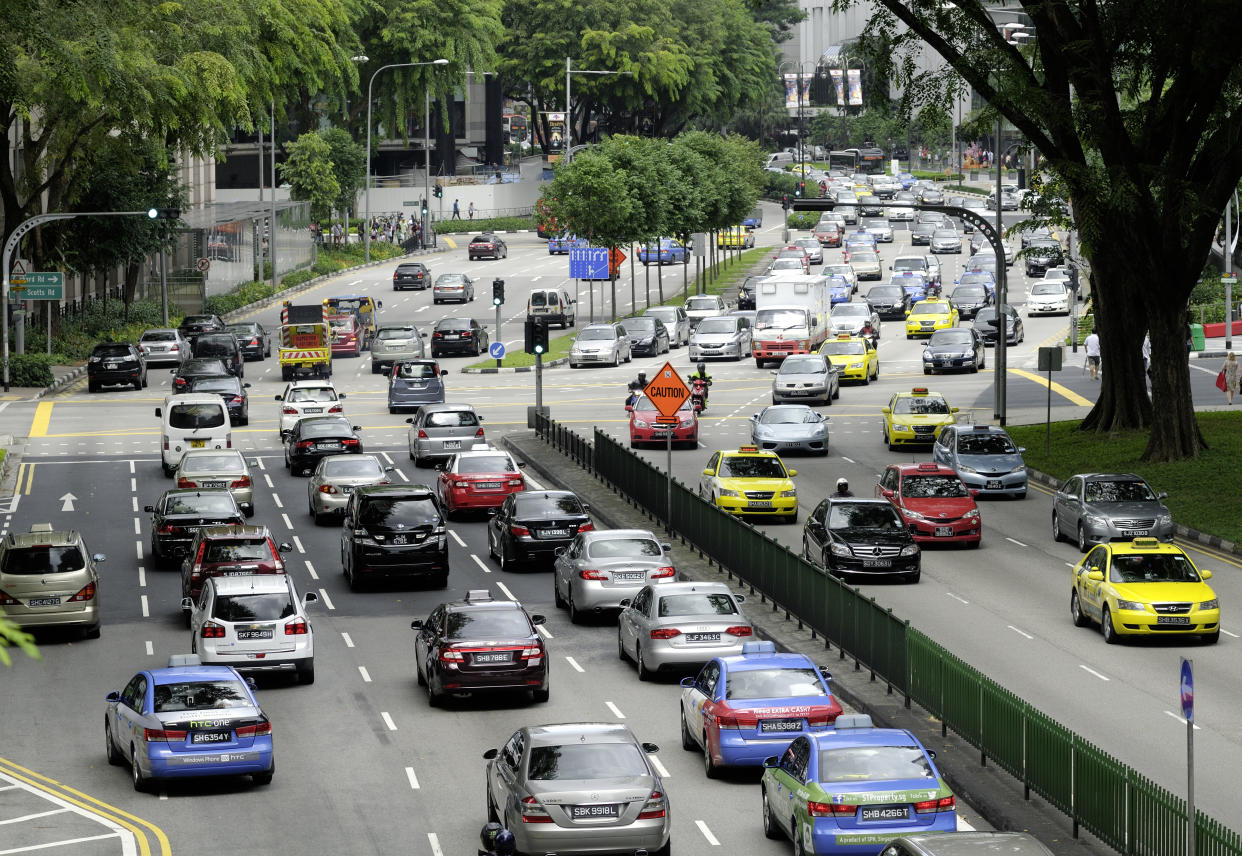Audio recordings allowed in inward-facing video cameras in cabs, private hire cars from 15 July

SINGAPORE — Audio recordings will be allowed in inward-facing video cameras in taxis and private hire cars with effect from 15 July, said the Land Transport Authority (LTA) on Tuesday (2 July).
The LTA said that the audio recordings will be “more effective in supporting investigations into inappropriate or violent behaviour as well as fare-related disputes”.
This comes less than two months after the authority had announced that the cameras can only capture video footage without audio, so passengers' conversations are not recorded.
The LTA cited a recent REACH poll where 9 in 10 respondents felt that such cameras can help protect the interests of both commuters and drivers. Of those, around 9 in 10 felt that the devices should be allowed to record both video and audio.
All buses will be exempted from the new guidelines, though they are still subject to the Personal Data Protection Commission’s advisory guidelines, the authority added. Omnibuses operated by Go Ahead, SBS Transit, SMRT and Tower Transit and private buses, such as company buses used to ferry its own employees, are already exempted from current guidelines.
“This is because buses are similar to public spaces and are shared by many passengers,” the authority added.
Under the guidelines, taxi operators, private hire car booking service operators, and drivers must obtain the LTA’s approval to install inward-facing video cameras.
The cameras are to be installed only at three LTA-authorised installation centres: i Vision, Solo and SSTA Technology Development.
These centres, which have also been appointed as data controllers, must ensure that the devices are secured to prevent any unauthorised access to and downloading of the stored data, said the LTA.
They must also ensure that the recordings from these cameras can only be retained for a maximum of seven days as well as keep detailed records of every vehicle installed with the cameras and provide such records to the LTA when required, among other requirements.
Taxi and private hire car drivers who have installed authorised inward-facing video cameras must affix signs or decals on the vehicles to notify passengers of their presence.
Taxi operators and private hire car booking service operators must inform commuters if a taxi or private hire car installed with an inward-facing video camera is being despatched to them.
“Only authorised personnel in relevant government agencies and LTA-authorised data controllers are allowed access to the recordings to support investigation and enforcement efforts,” said the LTA.
“All taxi and private hire drivers are not allowed to use unauthorised recording devices such as mobile phones to record audio and/or video within their vehicles.”
Related story:
LTA to review regulations on inward-facing cameras in vehicles: Janil Puthucheary



